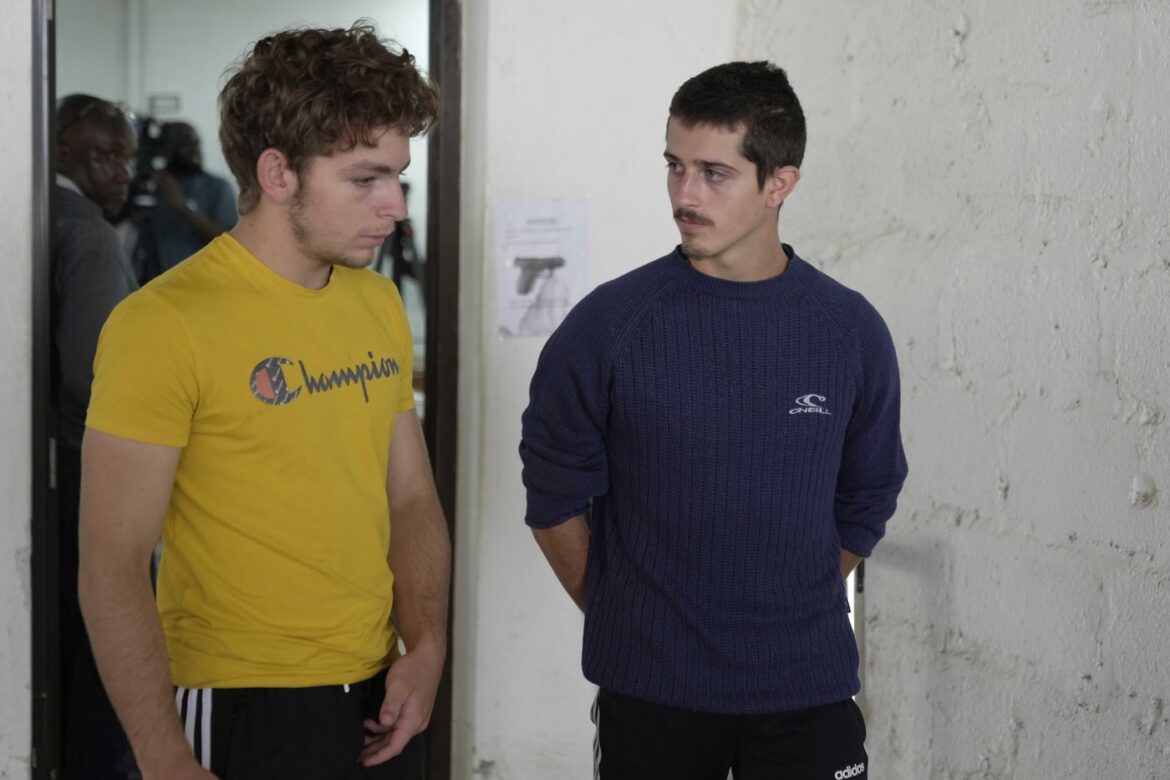Two Belgian teenagers, 19-year-olds Lornoy David and Seppe Lodewijckx, have been sentenced by a Kenyan court for illegally possessing 5,000 ants valued at approximately $9,200. The sentencing, delivered on May 7, 2025, imposed either a $7,700 fine or a one-year prison term. The teens were initially arrested on April 5 at a guest house in Kenya, with the ants allegedly intended for export to European and Asian markets. This case underscores a shift in wildlife trafficking trends and highlights Kenya’s broader commitment to protecting all species, including lesser-known but ecologically vital insects.
The Kenyan court’s ruling on May 7, 2025, marked a significant enforcement action against illegal wildlife possession involving invertebrates, drawing attention to the broader ecological import of insect conservation. Lornoy David and Seppe Lodewijckx were arrested on April 5, 2025, at a guest house in Kenya’s Rift Valley region, where authorities found them in possession of approximately 5,000 ants. These specimens were valued at around $9,200, reflecting the growing commercial demand for insects in international markets.
Details of the Offense
Investigation revealed that the ants were part of an illicit plan to export them legally restricted species to European and Asian countries. Wildlife officials noted that trafficking in insects, while less publicized than that of large mammals, poses serious risks to biodiversity and ecosystem stability. The authorities acted swiftly to disrupt this operation, emphasizing Kenya’s strict laws against the unlawful trade of native species.
Sentencing and Legal Implications
The court gave the two teenagers a stern choice: pay a fine of $7,700 each or serve a one-year prison sentence. This penalty is indicative of Kenya’s tough stance on wildlife-related offenses, aiming to deter similar future infractions. Legal experts agree that such sentencing highlights the judiciary’s recognition of the environmental threats posed by illegal trafficking, extending protection beyond charismatic megafauna to include insects that play crucial roles in ecological balance.
Wider Context of Wildlife Trafficking
Kenya has increasingly encountered diversification in wildlife trafficking trends, with traffickers targeting a broader range of species driven by niche international demands. Insects like ants are sought after for various uses, including scientific research, the exotic pet trade, and traditional medicine. Conservationists express concern that harvesting large numbers of these insects can disrupt local ecosystems, affecting pollination, soil aeration, and food chains.
Kenya’s Commitment to Biodiversity
This case underscores a strengthening of Kenya’s wider commitment to biodiversity conservation through strict enforcement and public awareness. Government agencies are focusing not only on high-profile animals but also on lesser-known species that are vital for maintaining environmental health. The case has drawn international attention to the need for comprehensive strategies to address hidden threats in wildlife trafficking.
Future Monitoring and Enforcement
Authorities have announced plans to enhance monitoring mechanisms at border points and within internal controls to prevent similar cases. Collaboration with international bodies is being pursued to track and curb cross-border trafficking networks. The Kenyan government encourages all stakeholders to participate in safeguarding natural heritage through education, reporting illegal activities, and supporting conservation programs.
In conclusion, the sentencing of Lornoy David and Seppe Lodewijckx represents a landmark enforcement action in Kenya’s fight against illegal wildlife trafficking, extending protection to ecologically significant insect species. This case highlights the evolving nature of wildlife crimes and the importance of comprehensive conservation efforts that encompass all levels of biodiversity. Kenya’s firm legal response and ongoing commitment to enhanced monitoring and international cooperation demonstrate a proactive approach to preserving its natural heritage. Continued vigilance and public engagement will be essential to mitigating the impacts of trafficking and ensuring the protection of vital ecosystems.

